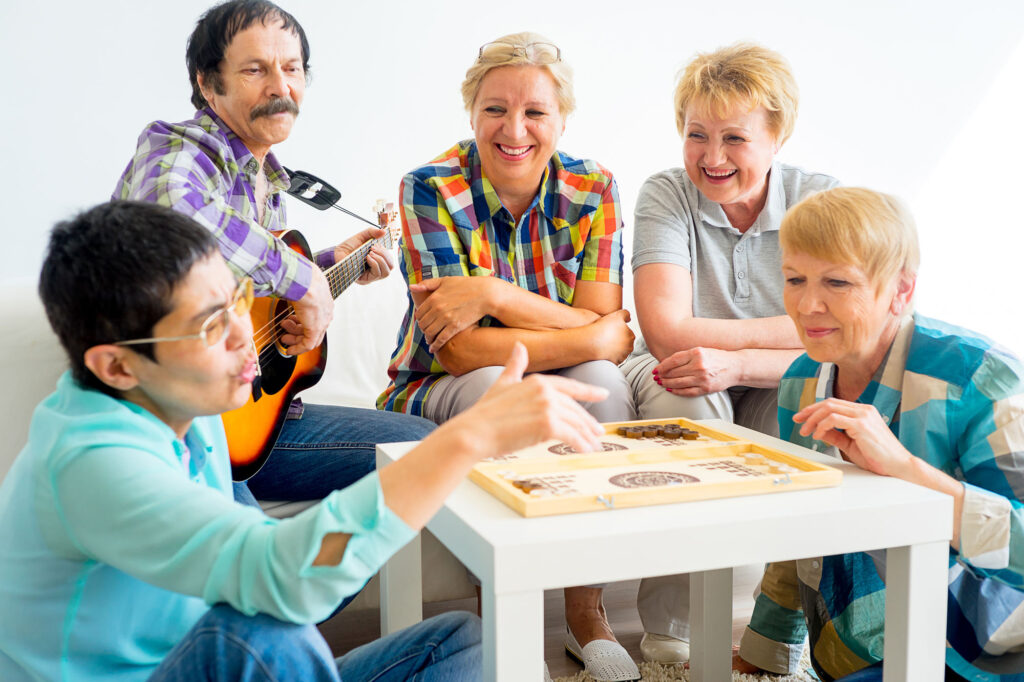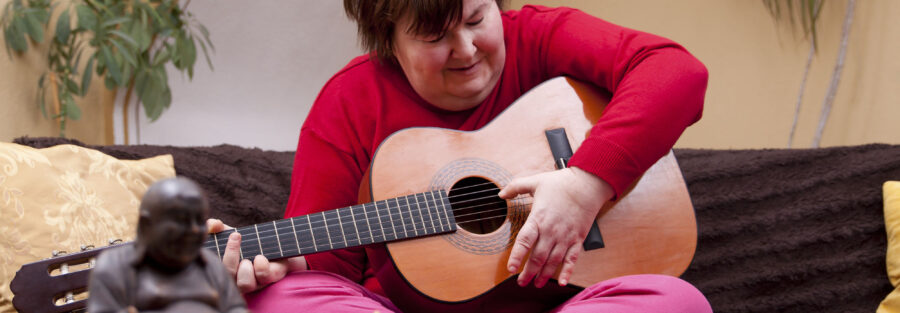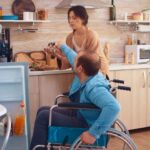
Supported independent living is an idea developed as a hope for people with disabilities to achieve the goal of building an inclusive and empowering society. Supported independent living (SIL) strategy is a comprehensive method that seeks to provide people with the assistance they need to live freely and at the same time increase their sense of autonomy and dignity.
Promoting Independence
Individuals with disabilities are provided with the resources and support necessary to live independent lives through the Supported Independent Living program. Individuals who are NDIS participants are allowed to make decisions about their daily lives, including everything from their daily routine to the free time activities they participate in, thanks to the organised support system provided by SIL. Their empowerment substantially leads to their feelings of self-worth and self-confidence as individuals.
Individuals are allowed to exercise autonomy and control over their living environment, personal connections, and daily activities when they live alone. They are given the ability to carry out daily routines, make choices, and manage many parts of their lives when the SIL program provides them with individualised support services. Assistance with personal care, household tasks, meal preparation, and other forms of hands-on assistance is offered, according to the individual’s specific needs.
Tailored Support for Individual Needs
One of the important features of SIL is its dedication to providing individualised care. Recognising the inherent uniqueness of each person, SIL offers tailored support services that meet their specific needs and preferences. This covers various dimensions of daily life, including personal hygiene, culinary activities, and modes of transportation. By conducting a thorough evaluation and maintaining ongoing contact, a support plan is designed to appropriately meet the individual’s needs and goals. The result is a model of care that is tailored to accommodate each person’s individual needs, ensuring that they receive essential support for their future.
Fostering Community Integration
The SIL program actively promotes community integration, recognising the importance of the participation of people with disabilities as active members in their communities. People can form interpersonal interactions by living in shared areas and accessing nearby facilities, thereby creating a sense of inclusion and reducing social isolation.
SIL programming encourages the development of personal interests, active involvement in clubs or organisations, achievement of career or educational goals, and participation in community activities. The integration of diverse people and organisations is essential in breaking down prejudice and building inclusive societies. The act of expanding your social network and making new acquaintances promotes personal growth.
Skill Development as a Path to Independence
SIL places great emphasis on skill development as a means to achieve long-term independence, beyond emergency care requirements. NDIS participants are allowed to improve their life skills, such as budgeting and cooking. This emphasis on developing skills catalyses empowerment, allowing individuals to confidently take control of various aspects of their lives.
Flexible Housing Options
Supported Independent Living (SIL) concept recognises the variety of housing options that exist among people with disabilities. SIL provides a variety of flexible housing alternatives, including co-housing, individual flats, and other community-based environments. The freedom given allows people to choose a living arrangement that suits their tastes and needs, thus fostering a sense of ownership of the environment in which they live.
Elevating Overall Quality of Life
The main aim of SIL is to improve the overall well-being of NDIS participants. Supported independent living, also known as SIL, is a program that helps individuals increase their level of involvement in the community, engage in activities that are meaningful to them, and achieve higher levels of happiness. This is achieved by providing the basic support necessary for self-sufficiency. A significant contributor to SIL’s positive impact on people whose needs are met is the organisation’s overall commitment to improving their overall health and happiness.
The paradigm shift that Supported Independent Living signals in the way society views and helps people with disabilities is due to this concept. SIL is not just a model; rather, it is a concept that is reshaping the narrative around disability. The SIL program facilitates the realisation of the full capabilities of people with disabilities by encouraging independence, providing tailored assistance, improving their overall well-being, encouraging integration in society, and offering customised services. This is done by emphasising autonomy, personalised care, and community inclusion.
The SIL program has significantly changed the way people with disabilities view and engage with concepts such as independence, community inclusion, and general well-being. As we continue to improve SIL, we move closer to a future where people with disabilities will no longer be characterised by the difficulties, they face, but will be valued for their resilience and capacity to live independent and responsible lives.
If you are looking for a reliable NDIS service provider, please contact us.


